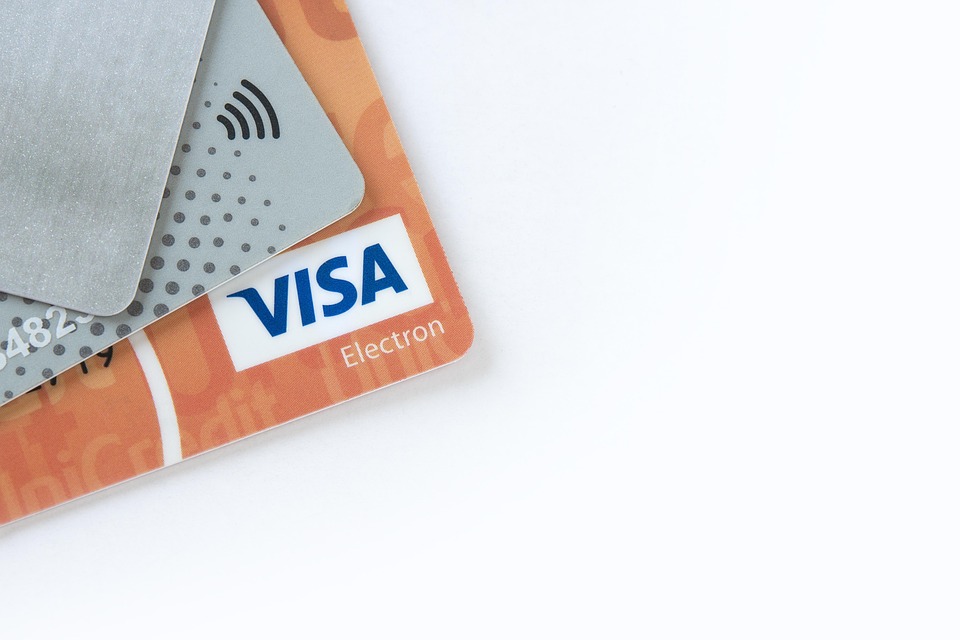Understanding Bad Credit Loans
Taking out a loan with extremely bad credit can often feel like a desperate measure. These loans typically come with high-interest rates and unfavorable terms, making it crucial to manage them effectively. Understanding the implications of such loans is the first step toward regaining financial stability.
Assess Your Financial Situation
Before diving into a repayment plan, take a comprehensive look at your financial situation. List all your debts, including the bad credit loan, and calculate your total monthly income. This will help you understand how much you can allocate toward debt repayment each month. Knowing your financial landscape is essential for creating a realistic budget.
Create a Budget
A well-structured budget is your best ally in managing debt. Allocate funds for essential expenses like housing, food, and utilities first. Then, determine how much you can afford to pay toward your bad credit loan and other debts. Stick to this budget diligently to avoid falling further into debt.
Prioritize Your Debts
Not all debts are created equal. Prioritize your debts based on interest rates and terms. Focus on paying off high-interest debts first, as they can quickly spiral out of control. If your bad credit loan has the highest interest rate, consider making it your top priority.
Communicate with Your Lender
If you’re struggling to make payments, don’t hesitate to reach out to your lender. Many lenders are willing to work with borrowers facing financial difficulties. They may offer options such as deferment, lower interest rates, or a modified payment plan. Open communication can often lead to more manageable repayment terms.
Consider Debt Consolidation
Debt consolidation can be a viable option for managing multiple debts, including bad credit loans. By consolidating your debts into a single loan with a lower interest rate, you can simplify your payments and potentially save money in the long run. However, ensure that the new loan terms are favorable and that you can manage the payments.
Explore Financial Counseling
If you’re feeling overwhelmed, consider seeking help from a financial counselor. These professionals can provide personalized advice and strategies for managing your debt. They can help you create a budget, negotiate with creditors, and develop a long-term financial plan.
Build an Emergency Fund
While it may seem counterintuitive to save while in debt, having an emergency fund can prevent you from taking on more debt in the future. Aim to save a small amount each month, even if it’s just a few dollars. This fund can help cover unexpected expenses, reducing the likelihood of relying on high-interest loans again.
Stay Committed and Monitor Your Progress
Managing debt is a long-term commitment. Regularly review your budget and track your progress. Celebrate small victories, such as paying off a portion of your loan or reducing your overall debt. Staying motivated is key to successfully managing your debt.
Learn from the Experience
Finally, use this experience as a learning opportunity. Reflect on the circumstances that led you to take out a bad credit loan and consider how you can avoid similar situations in the future. Educating yourself about personal finance, credit scores, and responsible borrowing can empower you to make better financial decisions moving forward.
Conclusion
Managing debt after taking out an extremely bad credit loan can be challenging, but it is possible with the right strategies. By assessing your financial situation, creating a budget, prioritizing debts, and seeking help when needed, you can regain control of your finances. Remember, the journey to financial stability takes time and commitment, but every step you take brings you closer to a debt-free future.




